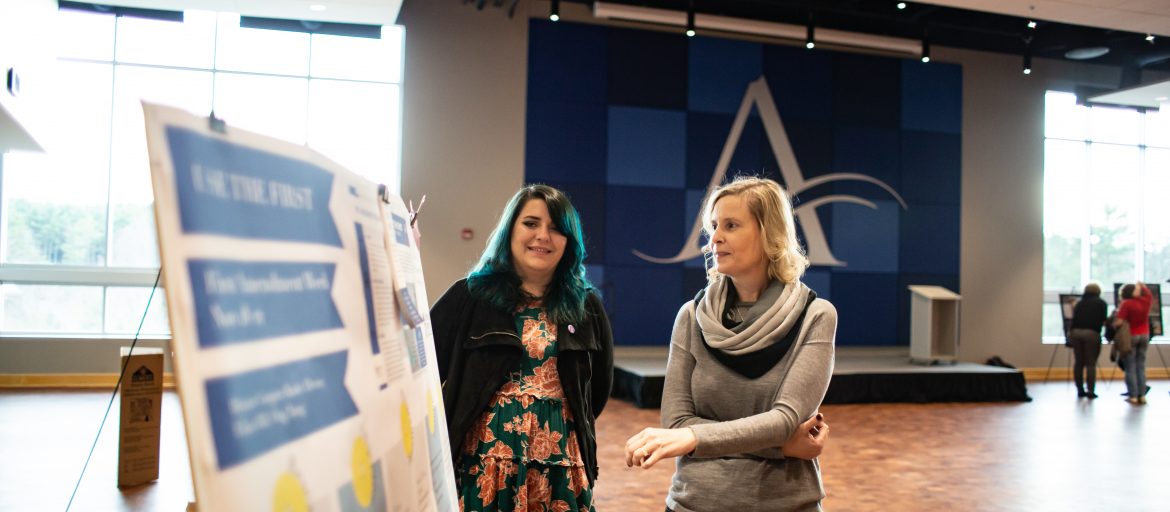Abstract
A certain pleasure can be found in novel situations, in experiencing something fresh. Moving beyond what is normally comfortable and being involved in a mutable experience can create joy and indelible diversions. This notion of moving beyond what is in a person’s normal scope of behavior was coined by Guy Debord, a twentieth century Marxist theorist and writer, under the name “Dérive”. Debord viewed Dérive as a “a mode of experimental behavior linked to the conditions of urban society: a technique of rapid passage through varied ambiances”. This paper discusses an Android application that uses a list of instructions to move the users through a city to places they have not been before, by means not previously taken, and encourages involvement with the world around them to create memorable experiences. The application, called “Derive”, generates instructions for action, allows the user to plot their location using the Google Maps API, take pictures with a custom wrapper for the Android camera, and record custom titles and notes for each instruction they follow.
How to Cite
Solle, M., (2014) “Psychogeography in the City: the Application of Dérive in a Modern Urban Landscape”, Capstone, The UNC Asheville Journal of Undergraduate Scholarship 27(1).
266
Views
464
Downloads
